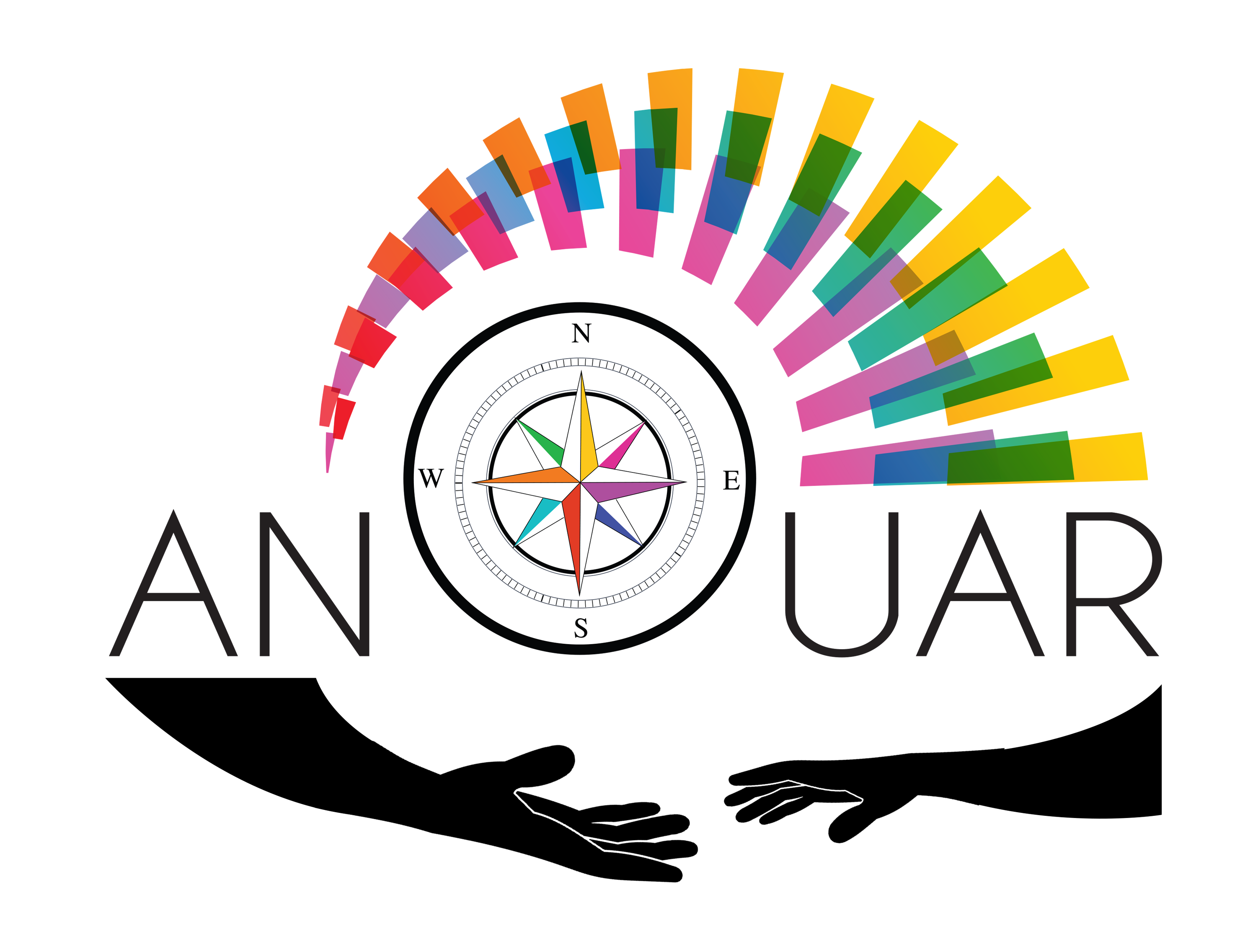The attacks that hit Tunisia in recent years have scared tourists away, worsening unemployment, especially among young people, while the country already suffered from a deep imbalance with the existence of disadvantaged regions that had been the cradle of the Tunisian Revolution. Report from a changing country.
Poverty is therefore a reality for certain segments of the population of Tunisia. It is to help break the circle of this poverty in disadvantaged areas that the ILO has launched a series of pilot projects using a participatory approach that includes social partners and beneficiaries.
Indeed, social dialogue is one of the country’s strengths. Symbolized by the award of the 2015 Nobel Peace Prize to the Tunisian Quartet comprising the main trade union and employers’ organizations UGTT and Utica, this dialogue applies not only at the national level but also at the local level.
When the Nobels crown social dialogue
The example of Tunisia also shows that social dialogue at all levels – at the top and in the field – can facilitate the fight against poverty. Thus, effective collective bargaining between social partners promotes a more equitable distribution of a country’s income and wealth.
Help disadvantaged regions
The difficulty of finding decent jobs and the poverty that reigns in particular in the disadvantaged regions of the interior of the country are among the main causes which led to the Tunisian Revolution of 2011.
The city of Sidi Bouzid, 250 km south of Tunis, was the symbolic city of the uprising that would lead to the fall of the dictatorship. It is in this locality that Mohamed Bouazizi, a young itinerant merchant, desperate by the impossibility of earning a living and by the bullying he was the victim of by the police, set himself on fire in front of the seat of the governorate. His gesture is considered as the starting point of the Revolution which will break out in January 2011 and will lead to the fall of the regime.
A market and jobs thanks to local economic development
It is precisely Sidi Bouzid that the ILO has chosen to set up a pilot project for the creation of a covered market in the city center. This achievement will change the image of the city center and allow traders to be able to work in decent conditions.
Looking for skilled agricultural workers
The Support Program for the Development of Underprivileged Areas (AZD), funded by the European Union and executed by the ILO, is developing in parallel another activity in the region of Sidi Bouzid, in the locality of Regueb, known for the fertility of his land.
However, due to the lack of adequate skilled labor, it has hitherto been necessary to seek out agricultural workers in coastal regions when the local population was unemployed.
The ILO pilot program made it possible to train nearly a hundred people either in the pruning and grafting of fruit trees and market gardening, or in the picking, packing and conditioning of fruit trees. local agricultural products.
As shown by the case Fatma Jaballi forced to return to her parents’ family farm despite her Masters in geology, the impossibility of finding a job for many young graduates is one of the major challenges facing the young Tunisian democracy. must rise.

